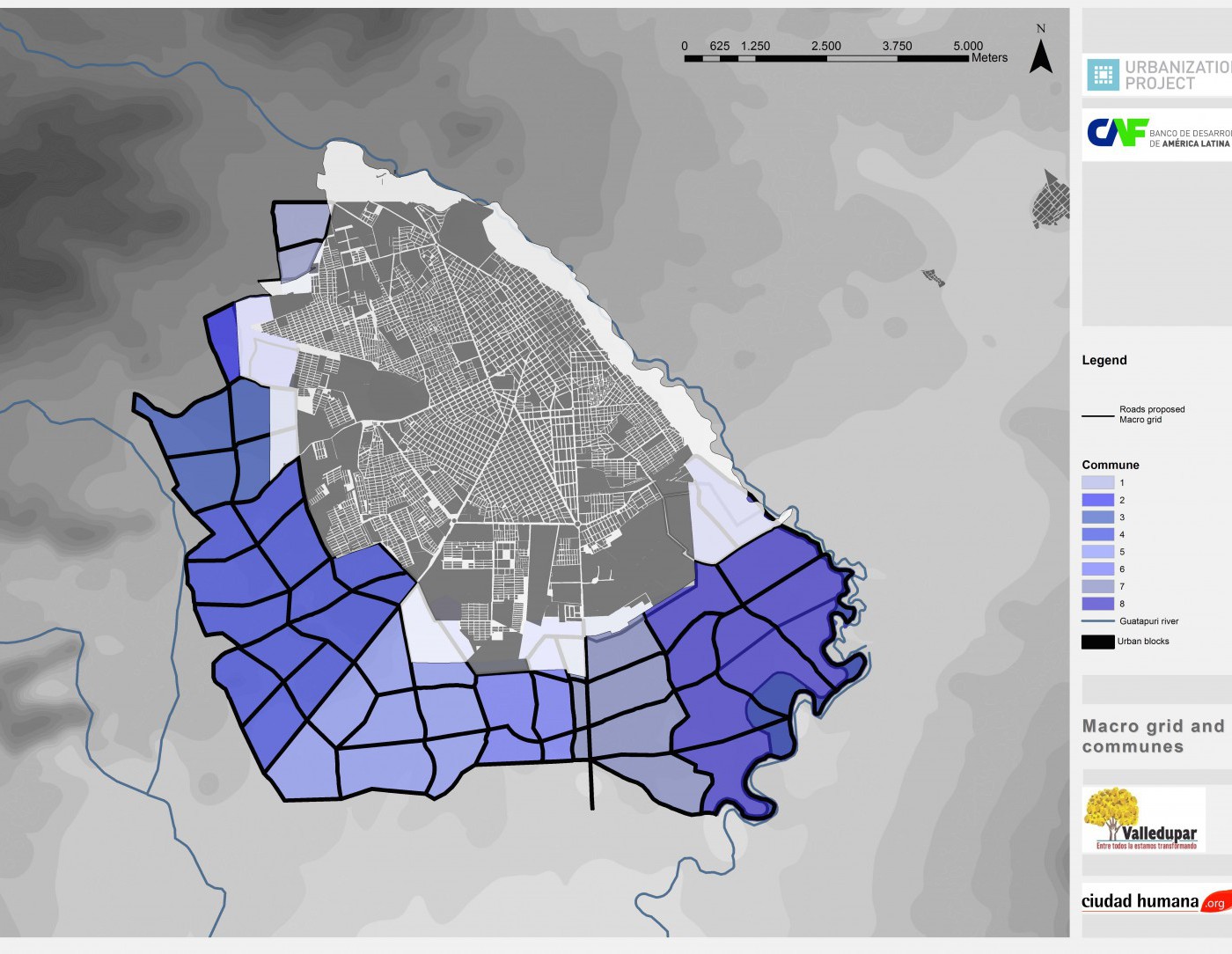Should Government Agencies Pay Market-Rate Rents?
+ Brandon Fuller
Alex Tabarrok and Ilya Somin highlighted a nice NPR story on public land use. Apparently, the U.S. government is sitting on thousands of empty or underutilized federally owned buildings, buildings that may be costing taxpayers in excess of $1.5 billion per year in upkeep.
The NPR piece focuses on what government officials are doing to tackle this problem.
- The Government Accountability Office wants a more comprehensive and reliable list of government properties along with more accurate descriptions of the buildings’ current states of use.
- Senator Tom Carper wants to streamline the complicated process of selling off un- or under-utilized government buildings (which currently must be offered to various federal, state, or local agencies before going on the open market).
- Dan Tangherlini heads up the General Services Administration that is responsible for the government’s property database. He’s trying to change the culture around space use, shifting his own team to more of a shared space environment that allows them to considerably reduce their overall footprint.
These are all welcome steps in the right direction. But what’s missing is discussion of an incentive scheme that would encourage government agencies to use space more efficiently in the first place.
This is a global problem. For example, Paul recently posted on an audit of government land use in Ahmedabad, a city where unlocking the value of un- and under-utilized government land could free up billions for desperately needed urban infrastructure projects.
Public buildings are inputs in the provision of public services. To get the most social good out of a tax dollar, it is important that government use space efficiently. This issue is particularly pressing in cities, where the high price of land makes inefficient space use especially costly.
So, how to encourage efficient use of government-owned property? Alain Bertaud recently brought my attention to an interesting report by George Peterson. Peterson highlights two approaches to public land use from Australia and South Africa that might hold useful lessons for other governments.
Australia’s land audit and property disposal policy:
Each year, Australian government agencies must make their business case for land retention to the Ministry of Finance and Deregulation. Land deemed unnecessary by the Ministry can be transferred to local authorities or non-profits or sold on the open market. Notably, any public land that is leased to private entities at below market rates is also reason for divestiture in Australia—a process intended to reduce inefficiency and avoid sweetheart deals.
Rental charges for public agencies in Australia:
Property taxation of government property in South Africa:
The local authorities in South Africa are responsible for property tax administration. One potentially problematic aspect of the scheme is that local governments are also free to exempt any public land they deem appropriate. As a result, public land used by local authorities is routinely exempt and the taxation falls primarily on national government property and land owned by parastatal utility providers. Peterson also points out that there is little evidence of significant taxation of vacant government land in South Africa, at least in so much as it would encourage divestiture. That said, in principle, treating public and private property owners the same in terms of property taxation should discourage inefficient use of public sector land.
These systems are undoubtedly imperfect but they are suggestive of how to move incentives in the right direction. Government agencies, especially those consuming expensive land in urban areas, should feel pressure to use their space as efficiently as possible.
Tile image courtesy of Hai Lihn Truong.

